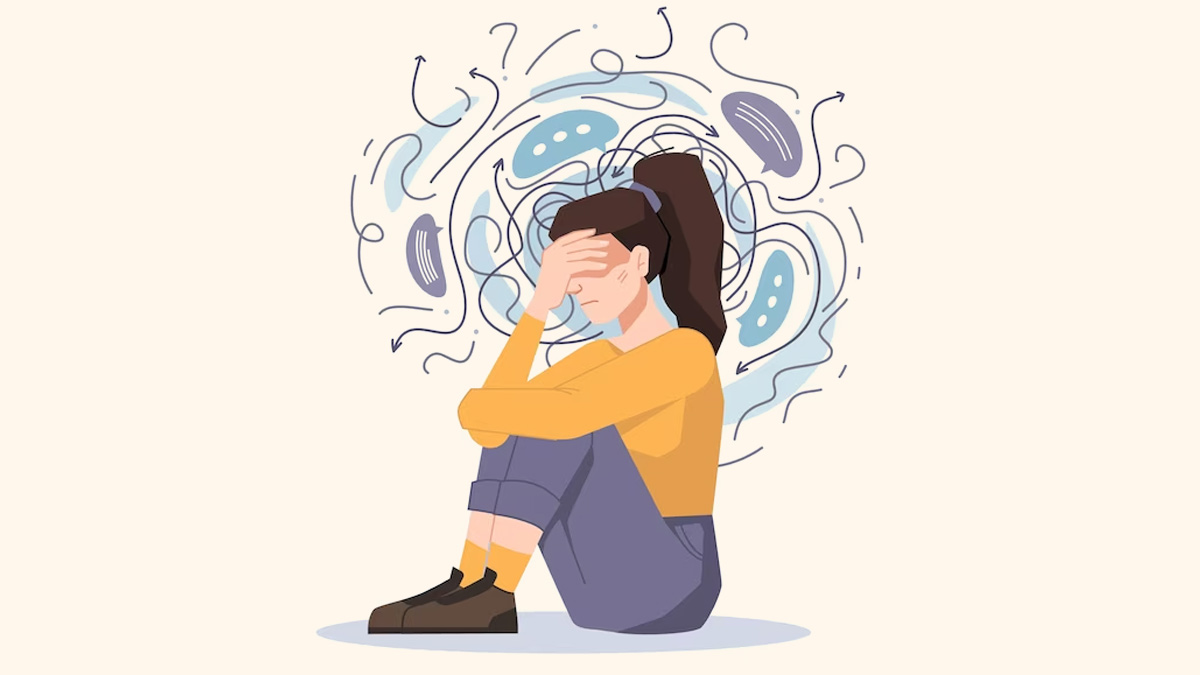
Rehabilitation therapies for individuals grappling with mental health issues encompass a diverse array of approaches tailored to address specific needs, challenges, and goals. Recognising the multifaceted nature of mental health concerns, psychologists employ various evidence-based techniques to facilitate recovery and enhance overall well-being.
Table of Content:-
1. Cognitive-Behavioral Therapy (CBT)
“Imagine someone struggling with anxiety due to a fear of public speaking. Through CBT, they work with a therapist to identify irrational thoughts like, "I'll embarrass myself," and replace them with more realistic beliefs such as, "I can handle nervousness." By gradually exposing themselves to speaking situations while challenging negative thoughts, they build confidence and reduce anxiety over time,” said Dr Shradha Malik - CEO & Founder of Athena Behavioural Health.

Also read: How Does An Unhealthy Gut Define Your Poor Mental Health?
2. Dialectical Behavior Therapy (DBT)
“Consider an individual with borderline personality disorder experiencing intense mood swings and relationship conflicts. In DBT, they learn mindfulness techniques to ground themselves in the present moment, effectively managing overwhelming emotions,” said Dr Malik.
“By practising distress tolerance skills, like riding the wave of emotions without acting impulsively, they foster greater emotional stability and healthier interactions with others,” she added.
3. Acceptance and Commitment Therapy (ACT)
“Picture someone struggling with chronic pain who feels constantly frustrated and defeated. Through ACT, they learn to accept their pain as part of their experience while committing to meaningful activities that align with their values, such as spending quality time with loved ones or pursuing hobbies,” Dr Malik stated. By focusing on what they can control and finding purpose despite their pain, they cultivate resilience and reclaim joy in life.
4. Interpersonal Therapy (IPT)
“Imagine someone experiencing depression after a significant loss, such as the death of a loved one. In IPT, they explore how their grief impacts their relationships and communication patterns. By addressing unresolved emotions and improving interpersonal skills, they strengthen connections with others and find solace in shared support, gradually alleviating symptoms of depression,” Dr Malik added.

5. Exposure Therapy
“Think of someone with a debilitating phobia of flying who dreams of travelling but feels paralysed by fear. Through exposure therapy, they start by visualising flight experiences and gradually progress to visiting airports and taking short flights with therapist support. By confronting their fears in a controlled manner and learning coping strategies, they regain confidence and expand their horizons,” Dr Malik said.
6. Group Therapy
Consider a group of individuals struggling with social anxiety who come together to share their experiences and practise social skills in a supportive environment. Through group therapy, they learn from each other's challenges and successes, offering empathy, encouragement, and practical advice. As they bond over shared experiences, they gradually build confidence and overcome feelings of isolation.
Also read: Does Following Positive Affirmations Really Aid Your Mental Health?
7. Art Therapy
Imagine someone grappling with trauma who struggles to verbalise their emotions. Through art therapy, they express their feelings through painting, drawing, or sculpting, allowing them to externalise and process their inner turmoil in a non-verbal manner. As they explore their creativity, they gain insights into their emotions and experiences, fostering healing and self-discovery.
These examples highlight how rehabilitation therapies offer personalised support and guidance to individuals facing mental health challenges, empowering them to navigate adversity and thrive in their journey towards recovery.
Also watch this video
Read Next
Mental Health Matters: Expert Lists Things You Should Know Before You Go For Depression Screening
How we keep this article up to date:
We work with experts and keep a close eye on the latest in health and wellness. Whenever there is a new research or helpful information, we update our articles with accurate and useful advice.
Current Version